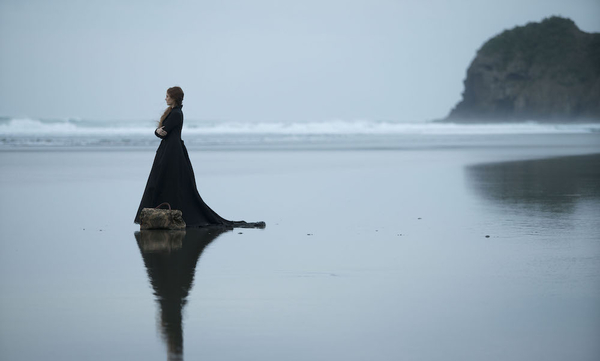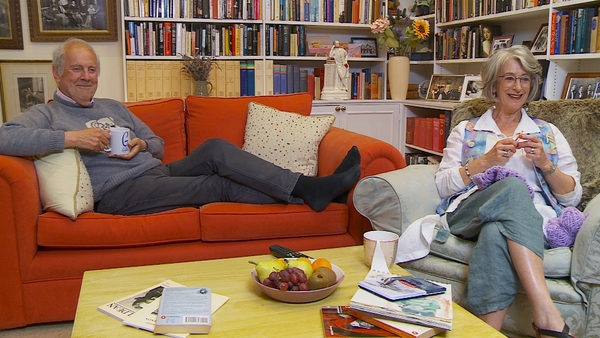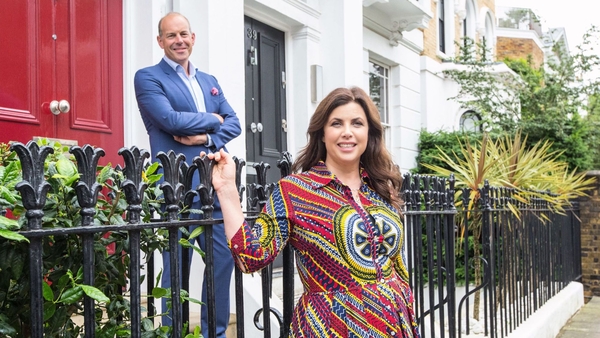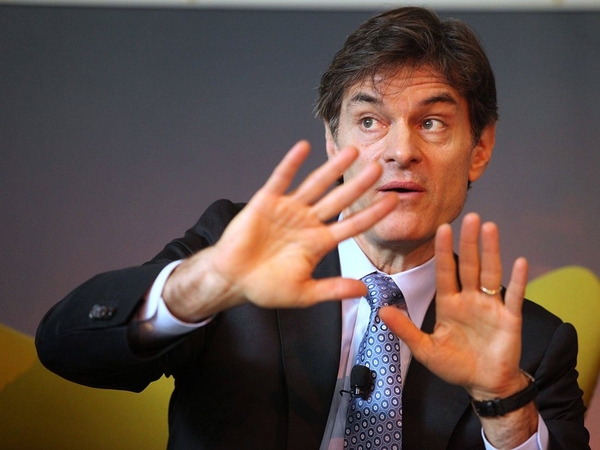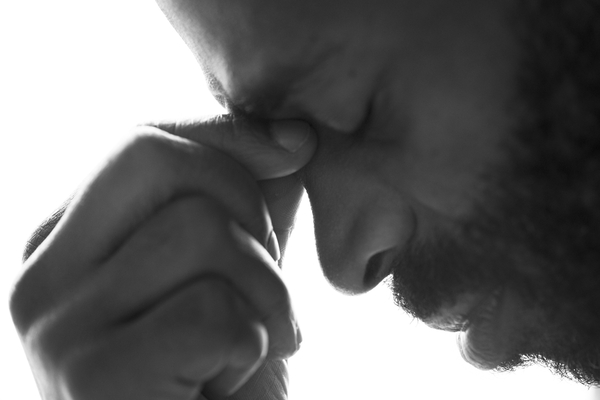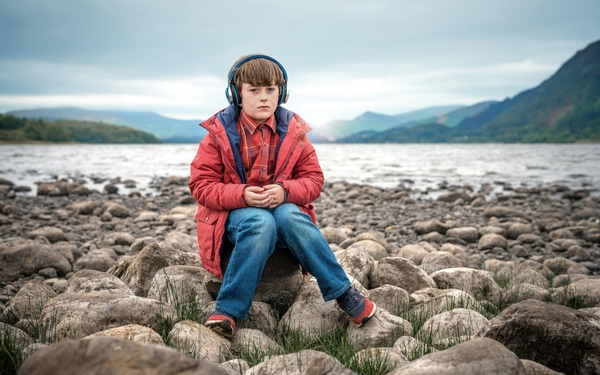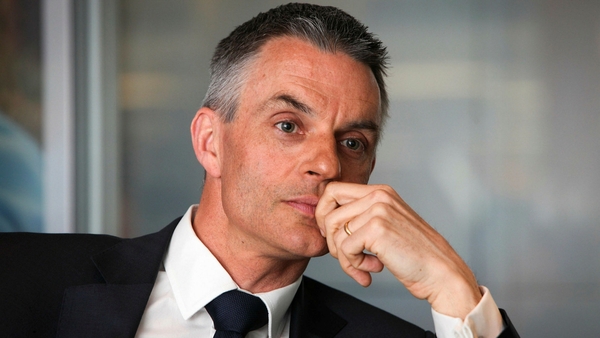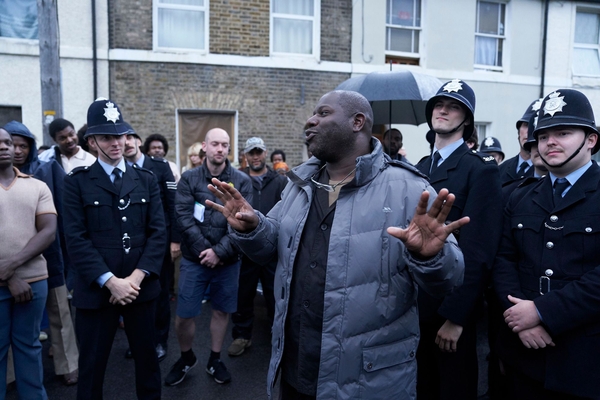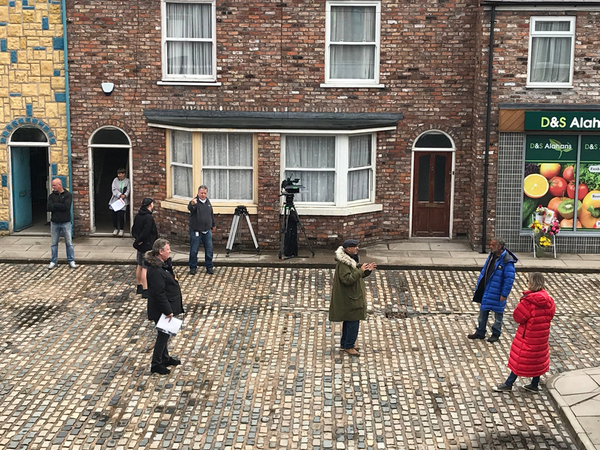How The Luminaries was adapted for the small screen
It is a brave screenwriter who takes on the task of squeezing a Booker-prizewinning doorstopper of a novel into six hours of television, even if that writer is the book’s author herself. It took Eleanor Catton seven years to adapt her 2013 novel The Luminaries for the screen (after a relatively brief five years writing the book), and plenty of playing with both form and story that another writer might not have dared.

